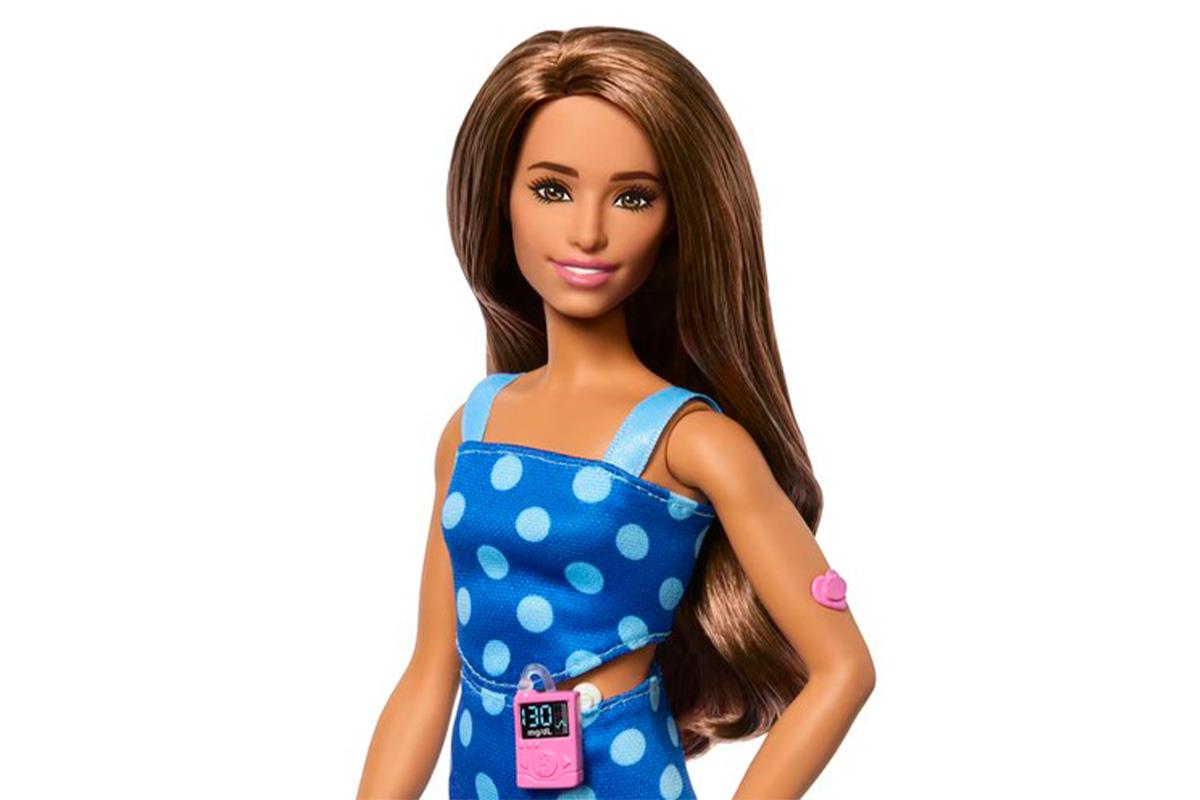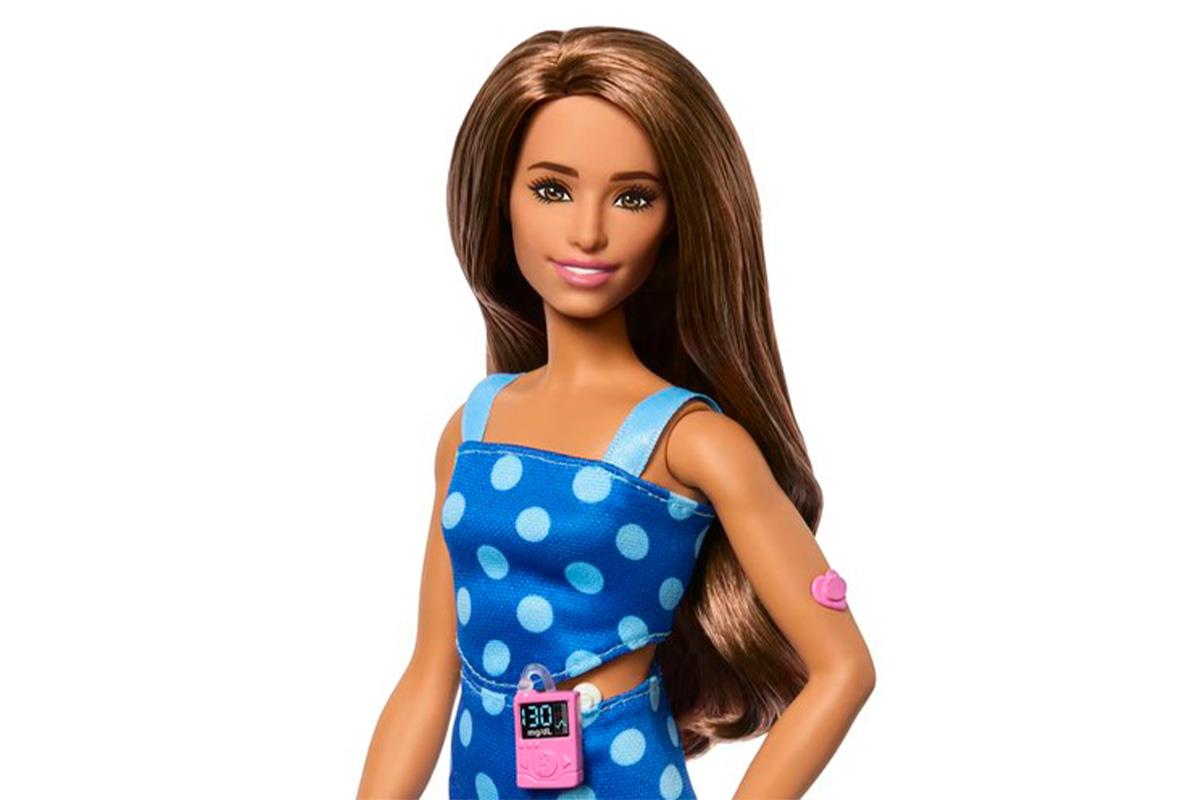First Barbie Doll with Type 1 Diabetes: Toy World Revolution or Just Another Marketing Gimmick?
Did you know that Mattel, the company behind the iconic Barbie doll, only introduced its first Barbie with type 1 diabetes in 2023? Yes, you read that right! While dolls with disabilities, different skin tones, and professions have been part of their lineup for years, a doll equipped with an insulin pump and glucose monitor has just arrived.
Why does this matter?
Type 1 diabetes is an autoimmune disease most commonly diagnosed in childhood and youth. People with this condition must monitor their blood sugar levels daily and take insulin. Mattel, in collaboration with the nonprofit Breakthrough T1D, designed a doll that wears a continuous glucose monitor (CGM), an insulin pump, and even carries a mobile phone with an app to track blood sugar levels.
Is this just a toy or something more?
Krista Berger, Barbie’s senior vice president, says this is a big step in representation and that the doll helps children see themselves in their toys. Karen Adington from Breakthrough T1D highlights that the doll can be a strong role model for kids with diabetes, bringing joy and inclusion to playtime. Arjun Panesar, founder of diabetes.co.uk, adds that such representation helps normalize the condition and reduce stigma.
But wait, isn’t this just another marketing stunt?
Sure, Mattel is known for following trends and leveraging social issues to promote products. However, the fact that a type 1 diabetes Barbie exists and is available can have a huge impact on children living with this disease every day.
What’s next?
Barbie already has dolls with visual impairments, Down syndrome, hearing aids, prosthetics, and wheelchairs. This new type 1 diabetes doll is just the next step in making toys more inclusive and realistic.
Conclusion
Is this doll just another product in the lineup, or can it truly change how children with diabetes perceive themselves and their condition? Maybe it’s time to stop seeing toys as mere entertainment and start viewing them as powerful tools for education and inclusion.
So, what do you think? Would you buy this Barbie doll for a child or someone you know with diabetes? Or do you think it’s just another marketing gimmick? Drop your thoughts and let the conversation roll!





















